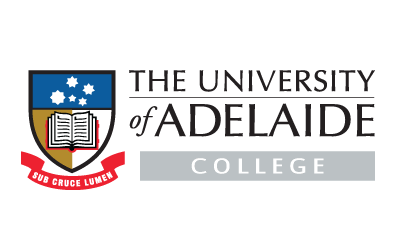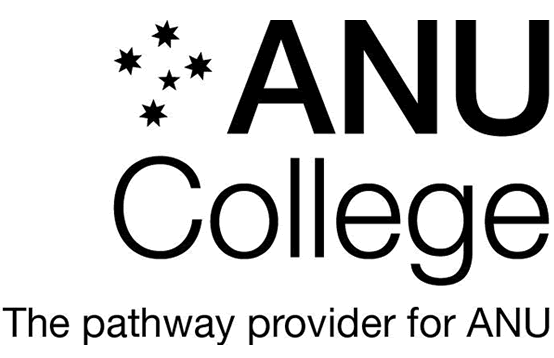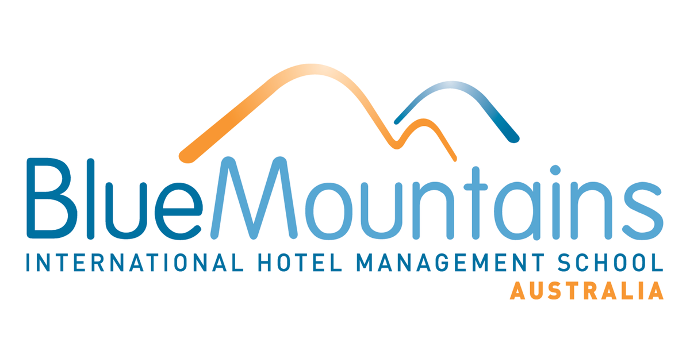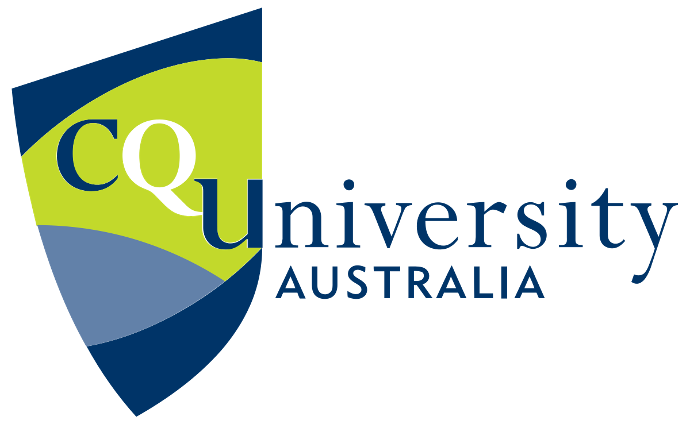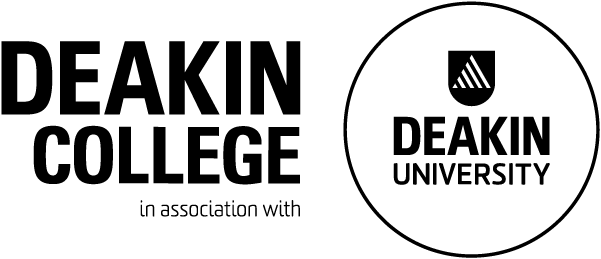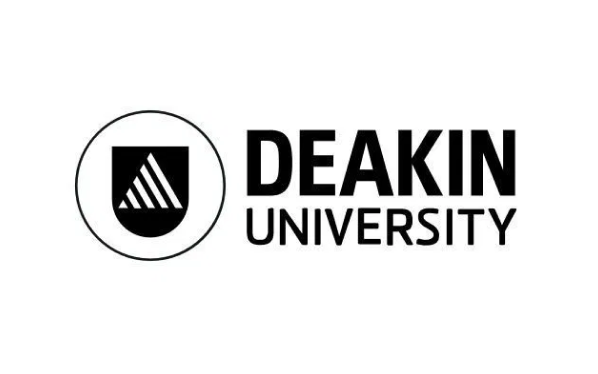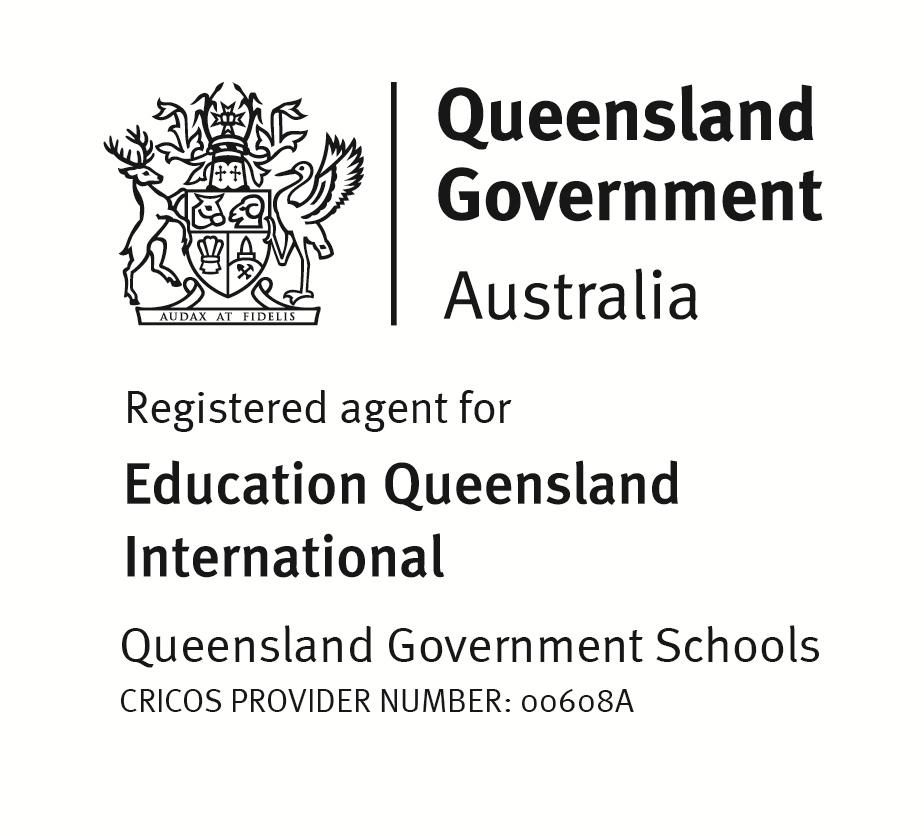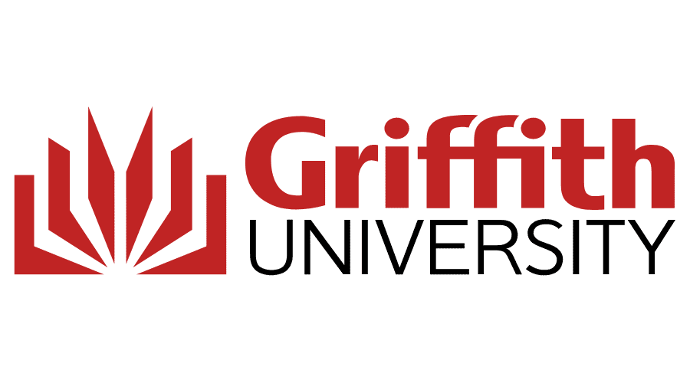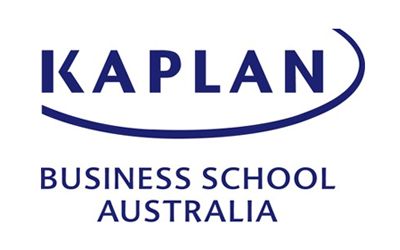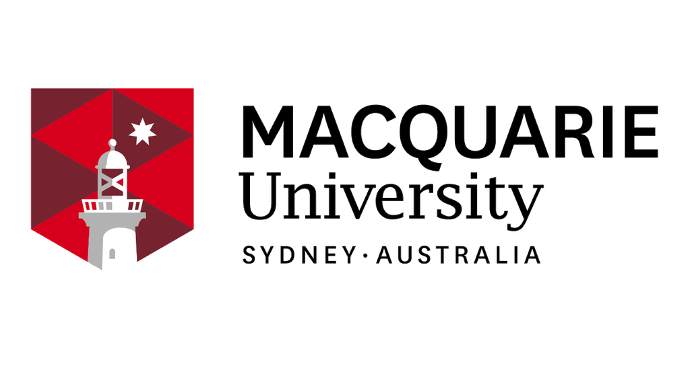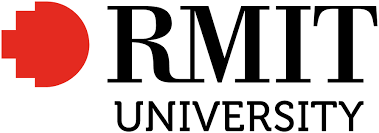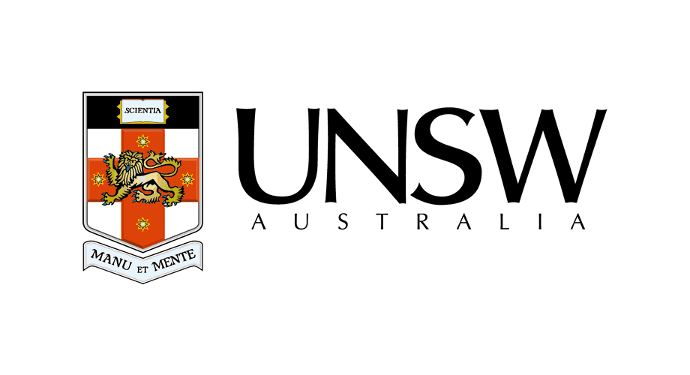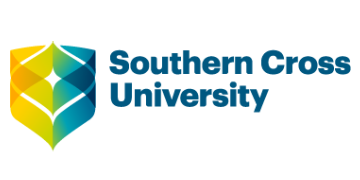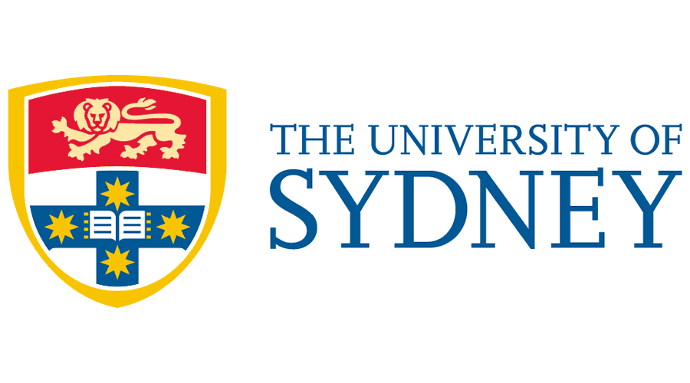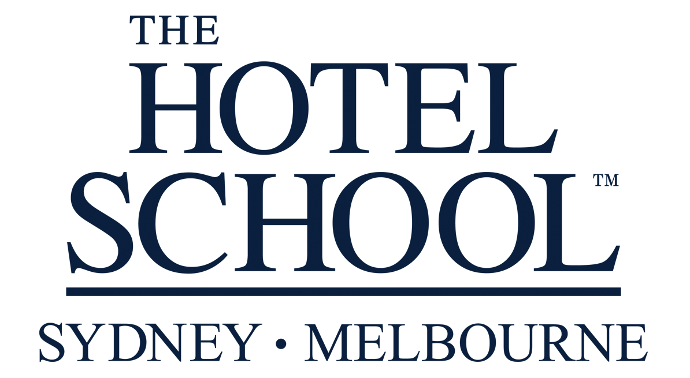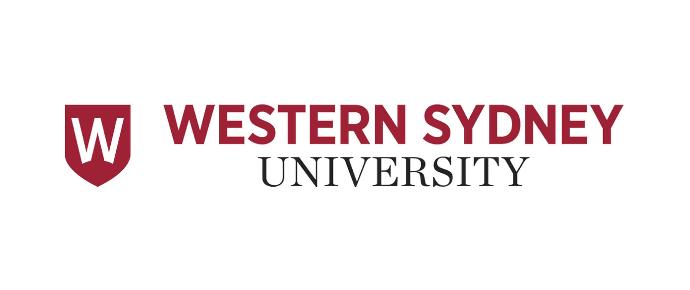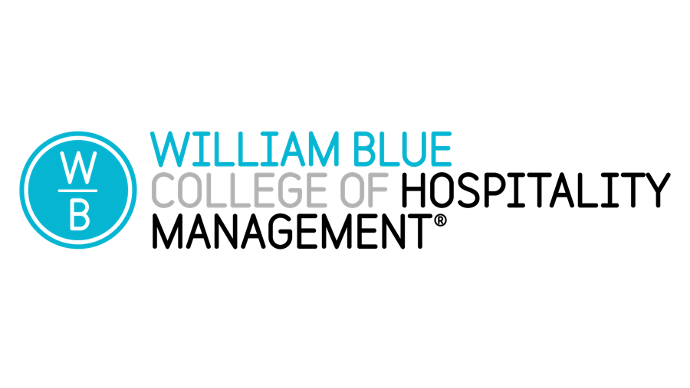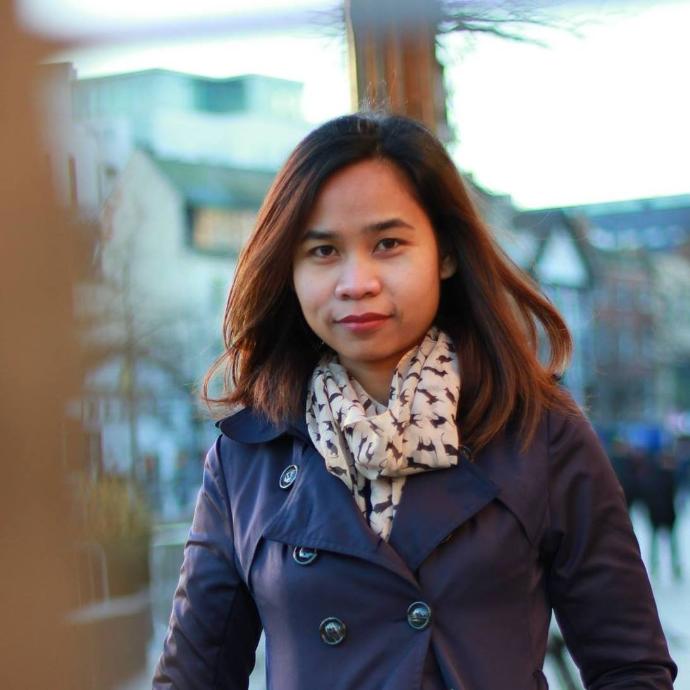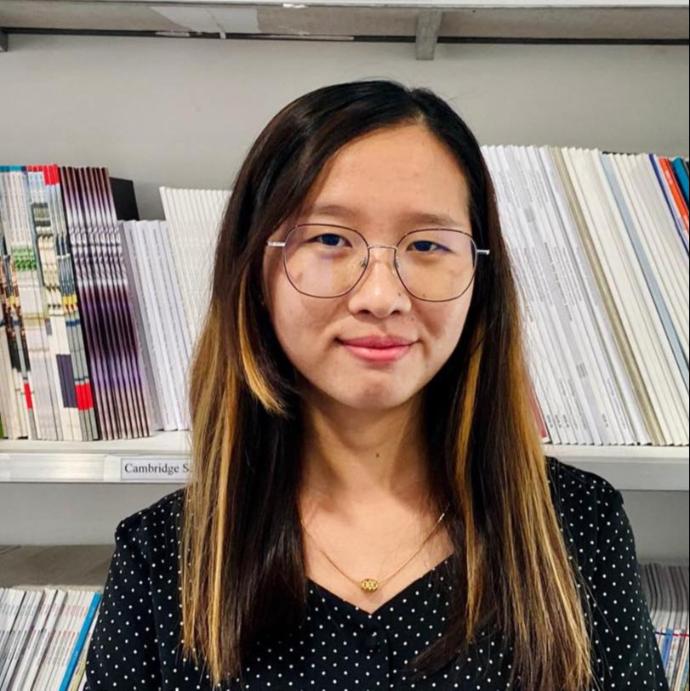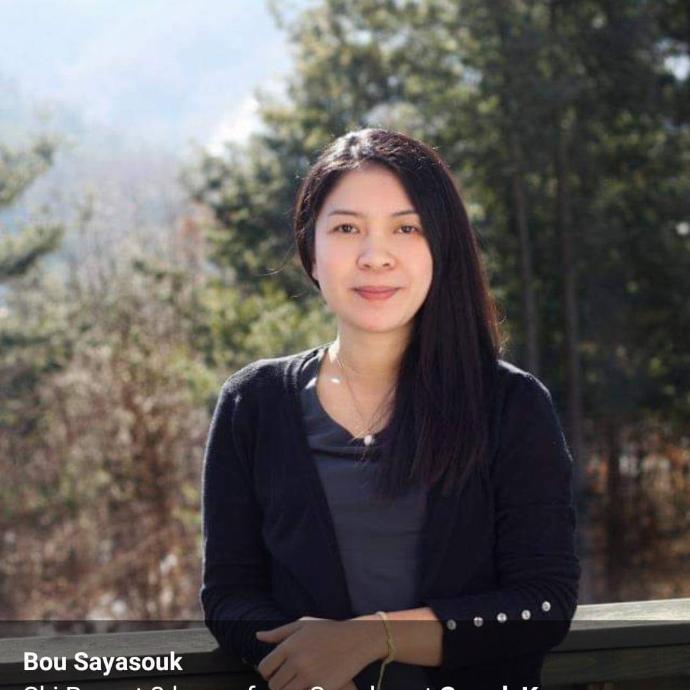Why study in Australia?
World-class education
Even though Australia is a small country (25 million inhabitants), it is home to some of the best universities in the world with 37 top universities, according to the famous Times Higher Education’s World University Rankings 2021 (7 of which featured in the prestigious top 100 of the latest QS world ranking. It’s no surprise the country attracted over 720,000 international students last year. In fact, Australia is the third most popular destination to study in behind the US and UK, which is significant considering the small population. There are currently 1,100 institutions to choose from in the country and over 23,000 courses available to overseas students.
Australian universities are praised for the high student satisfaction rate they achieve, the high-quality education they provide, and the high teaching standards. Australia also enjoys a global reputation stemming from the fact that some of the most incredible Nobel Prize winners (15) have attended some of the best Australian universities. The country is known for its cutting edge research projects with significant findings in medical, technological, and scientific fields such as IVF, Ultrasound, black box recorders, etc. The training methodologies in various fields are praised all around the world.
Future Prospects
Australia is a fantastic country to find post-study work opportunities. Indeed, overseas students who complete a bachelor’s, master’s, or Ph.D. degree in Australia are eligible for a post-study work visa that allows them to remain in the country for up to two years after completing their studies. Besides, Australian qualifications are internationally recognised, which can prove a significant asset on a resume and help obtain a higher paid job. A study led a few years ago, showed that 79% of international students who had studied in Australia were in full-time work three years after they graduated, 4% were self-employed, and 6% were studying (may it be in Australia via sponsorship or in their home country).
Quality of Life
Australia attracts millions of visitors and thousands of students every year as they yearn to experience the unique Australian way of life. The main cities, Sydney, Melbourne, Brisbane, Adelaide, and Perth, offer an exceptional outdoorsy and relaxed lifestyle to locals and students alike. Three of the five main cities are even consistently featured in the top 10 rankings of the most liveable cities in the world. The country also relies on a world-class infrastructure system and top-notch medical facilities.
Australia is also a multicultural country offering international students a chance to find a piece of home abroad, connect with people from all around the world, and explore different local habits such as surfing!
Education Systems in Australia
- Primary school: Primary school starts at Kindergarten/Preparatory through to Year 6 or 7 (7 or 8 years in total). In years 3,5,7 and 9, students will have to sit the NAPLAN test to assess their numeracy and literacy skills
- Secondary school: Secondary school runs from Years 7 to 10 or 8 to 10 (3 or 4 years in total). Secondary schools are usually called high schools. Students will have to sit the NAPLAN test again in year 7
- Senior secondary school: Senior secondary school runs for two years, Years 11 and 12. During years 11 and 12, students prepare and sit the ‘’Preliminary Higher School Certificate’’ and the ‘’Higher School Certificate’’(HSC). Note that the HSC is the highest academic award you can achieve at secondary school. At the end of high school, you’ll be attributed an ATAR/OP rank (Australian Tertiary Admission Rank), which will be used as the primary criteria to enter an undergraduate course in universities
- Higher education: Higher education includes universities and vocational education and training. Most students will gain access to university based on their HSC and ATAR/OP scores. However, some alternative entry pathways, such as the TAFE, can allow you to gain extra credit to enter university.
- Undergraduate Studies: Undergraduate students typically study for 3-4 years full time to earn their first bachelor’s degree. They can also pursue a bachelor’s degree with honours, which usually entails an extra year of research-based study. A bachelor’s degree will cost you between $23,000AUD to $45,000AUD a year, depending on the institution and the type of degree.
- Postgraduate Studies:
- Graduate certificate/diploma: These qualifications are for students who want to gain vocational skills in a professional area. To enter, a bachelor’s degree is usually required.
- Master’s degree:Master’s degrees are designed to provide students with a mastery or a high-order overview of a specific field. They run for one or two years and usually require a bachelor’s degree. There are three streams for Masters in Australia:
- Masters degree (coursework)
- Masters degree (research)
- Masters degree (extended)
- Doctoral degree: Usually completed in three or four years, doctoral degrees are the highest academic degrees. They come in two different formats:
- Research doctorate (Ph.D.)
- Professional doctorate
- Certificate I to IV: In some instances, this type of certificate can provide international students with a pathway into higher education. Note that you’ll have to meet specific requirements and might benefit from extra credit.
- Diploma: The same thing applies to diplomas. Check with your institution the number of extra credits you could get with this type of qualification.
- Advanced Diploma: The pathway into higher education also exists for international students studying for an advanced diploma.
- Vocational graduate certificate/diploma
- English language courses
Students life in Australia
- Australia has a laid-back culture. People are usually friendly and easy-going.
- People call each other by their first name. As a student, you would call your lecturer by their first name
- Sport is very popular in Australia
- Australians eat early, and therefore restaurants’ kitchens are usually closed by 9 pm
- Australians are polite and respectful. They follow the rules and like order
- The grading system is unique to Australia. Letters are used to grade your assignments with HD standing for high distinction and D for distinction. Cr means credit, P stands for pass, and F for fail.
- Boarding school:
Many private schools offer international students fully catered options with the possibility of choosing a private or shared room in a family-like atmosphere. Boarding school accommodation fees can cost up to $22,000 per year.
- Homestay:
Homestays are a great way to immerse yourself into the Australian way of life as you’d be staying with a local family. Costs range between AUD$235 to $325 per week, depending on the location.
- Residential colleges:
If you want to stay on-campus, this is a good option. Residential colleges offer accommodation, meals, cleaning, and social services to help you meet new people and adjust to the Australian culture. They also usually offer private rooms with well-maintained communal areas and a friendly atmosphere.
- Halls of residence:
Halls of residence are a cheaper version of residential colleges. They offer accommodation and cleaning services but are usually self-catered.
- Apartments:
Some providers offer private (single or shared) apartment options on-campus or close by. Check with your institutions whether the option is available to you.
- Hostels and guesthouses:
If you’re looking for temporary accommodation while you settle down, guesthouses or hostels can be a great solution for you. Not only will this option help you meet people, but it’s also a cheap alternative with shared rooms ranging from AUD$90 to $150 per week on average.
- Private rental:
Social life:
As mentioned before, Australians are easy going, and if you try and adjust to their way of life, you'll make friends in no time.
The Australia student visa
Noted: For students who apply with SpringBoard4Education in any countries, we help you prepare the necessary documents for your student visa application, as well as other steps in the process, completely free of charge.
Work opportunities
- Barista
- Bartender
- Grocery store assistant
- Retail assistant
- Gas station employee
- Call center
- Admin officer
- Side hustle
- Graduate Work Stream:
This visa is for international students who have recently graduated with skills and qualifications that are relevant to specific occupations that Australia needs
. This visa lets you stay for a period of up to 10 months.
- Post-study Work Stream:
This visa is for international students who have recently graduated with a degree from an Australian institution. You can stay up to 4 years on this visa.
What our Australia students say
Meet the team
Our partners
